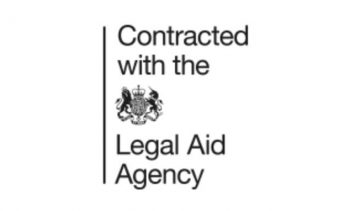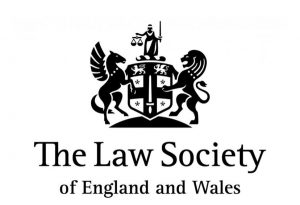Domestic abuse is a harsh reality that affects far too many individuals and families across the United Kingdom. The statistics are staggering – one in four women and one in six men will experience domestic abuse in their lifetime. These numbers represent not just statistics, but real people living in fear and enduring unimaginable suffering at the hands of those closest to them.
If you find yourself in an abusive situation, it is crucial to understand that you are not alone, and there are legal measures available to protect you.
One such measure is a Non-Molestation Order (NMO), a legal mechanism that can provide a much-needed sense of security and peace of mind.
At Adel Jibs & Co Solicitors, we understand the gravity of domestic violence and are committed to supporting victims through this difficult process.
Our experienced team can guide you through obtaining an NMO and ensuring you receive the protection you deserve.
In the UK, securing an NMO is a crucial step towards breaking free from the cycle of abuse.
The court takes these applications extremely seriously, recognisng the urgent need to safeguard victims. However, building a strong case is essential to ensure the court grants you the Order.
To secure an NMO, you must demonstrate a real and immediate risk of harm.
This can be achieved through various forms of compelling evidence, such as witness statements, police reports, medical records, electronic communication records, photographs or recordings, and statements from third-parties.
The court will consider all of this evidence during a private family court hearing, where you have the right to attend and present your case.
If the judge determines that an NMO is the appropriate course of action, the Order will specify prohibited behaviour , geographic restrictions, and potential consequences for breaching the Order.
This legal protection can provide the breathing room you need to begin rebuilding your life free from the constant fear and intimidation of an abusive partner or family member.
At Adel Jibs & Co, we understand that the financial burden of legal fees should not be a barrier to accessing justice and protection. That is why we offer legal aid for those who qualify, ensuring that cost does not prevent you from taking this crucial step towards a safer future.
It is important to remember that you are not alone in this struggle. Domestic abuse thrives in silence, but by seeking legal protection through an NMO with the help of Adel Jibs & Co Solicitors, you are taking a courageous step towards breaking that cycle and reclaiming your life.
Your safety and well-being are of paramount importance, and our team is here to support you in your journey towards a safer, more secure future.
If you or someone you know is facing domestic abuse, do not hesitate to contact Adel Jibs & Co Solicitors.
Our compassionate team will listen to your story, provide guidance, and help you explore the possibility of obtaining a Non-Molestation Order. Together, we can work towards a future free from violence and fear.


